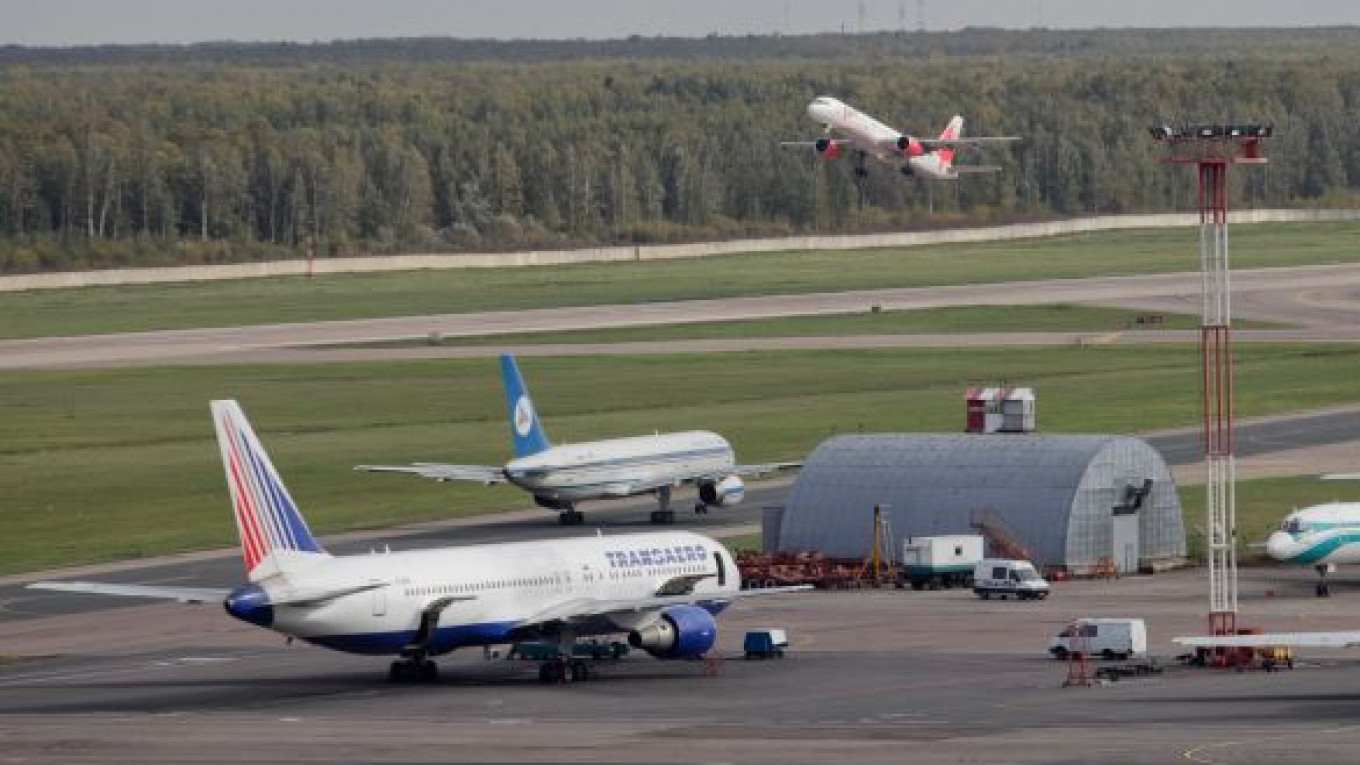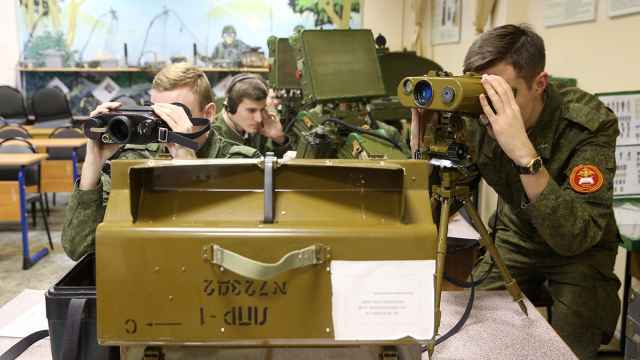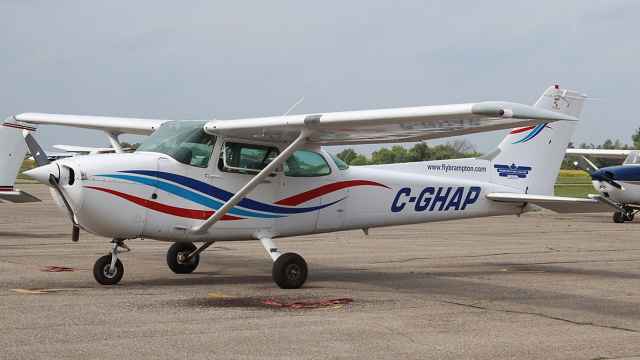Government plans to create an alternative to the three overloaded airports near Moscow are beginning to materialize as Prime Minister Dmitry Medvedev called for a thorough investigation of the potential of Yermolino airport in the Kaluga region.
At a meeting with Kaluga governor Anatoly Artamonov on Tuesday, Medvedev offered to transform Yermolino airport, situated 67 kilometers southwest of the Moscow Ring Road, to an international low-cost air hub.
“We need to have a clear understanding of what the passenger and freight traffic [at Ermolino] would be like and plan the number and size of its landing strips accordingly,” Medvedev said, Regnum information agency reported.
According to Artamonov, future passenger traffic is estimated at 7 million people per year, and it could grow to as much as 40 million. The airport could also serve as a freight terminal, he said, easing the burden on Moscow airports.
Earlier this year, transportation authorities said Yermolino could become part of the Moscow air hub. The investments required to increase its capacity and make it possible to take on freight were estimated at about 30 billion rubles ($926 million).
At the same time, Medvedev signed an act that allowed one of Russia’s air majors, UTair, to use Yermolino as a hub airport and possibly organize low-cost flights from there.
Experts are positive about the future for low-cost airlines in Russia in general, suggesting that more of them will begin to operate here.
Russia’s first European low-cost airline EasyJet started flights to Britain from Domodedovo this spring.
And No. 1 carrier Aeroflot said earlier that it plans to create a low-cost airline to be based either at Sheremetyevo or Vnukovo.
Contact the author at [email protected]
A Message from The Moscow Times:
Dear readers,
We are facing unprecedented challenges. Russia's Prosecutor General's Office has designated The Moscow Times as an "undesirable" organization, criminalizing our work and putting our staff at risk of prosecution. This follows our earlier unjust labeling as a "foreign agent."
These actions are direct attempts to silence independent journalism in Russia. The authorities claim our work "discredits the decisions of the Russian leadership." We see things differently: we strive to provide accurate, unbiased reporting on Russia.
We, the journalists of The Moscow Times, refuse to be silenced. But to continue our work, we need your help.
Your support, no matter how small, makes a world of difference. If you can, please support us monthly starting from just $2. It's quick to set up, and every contribution makes a significant impact.
By supporting The Moscow Times, you're defending open, independent journalism in the face of repression. Thank you for standing with us.
Remind me later.






